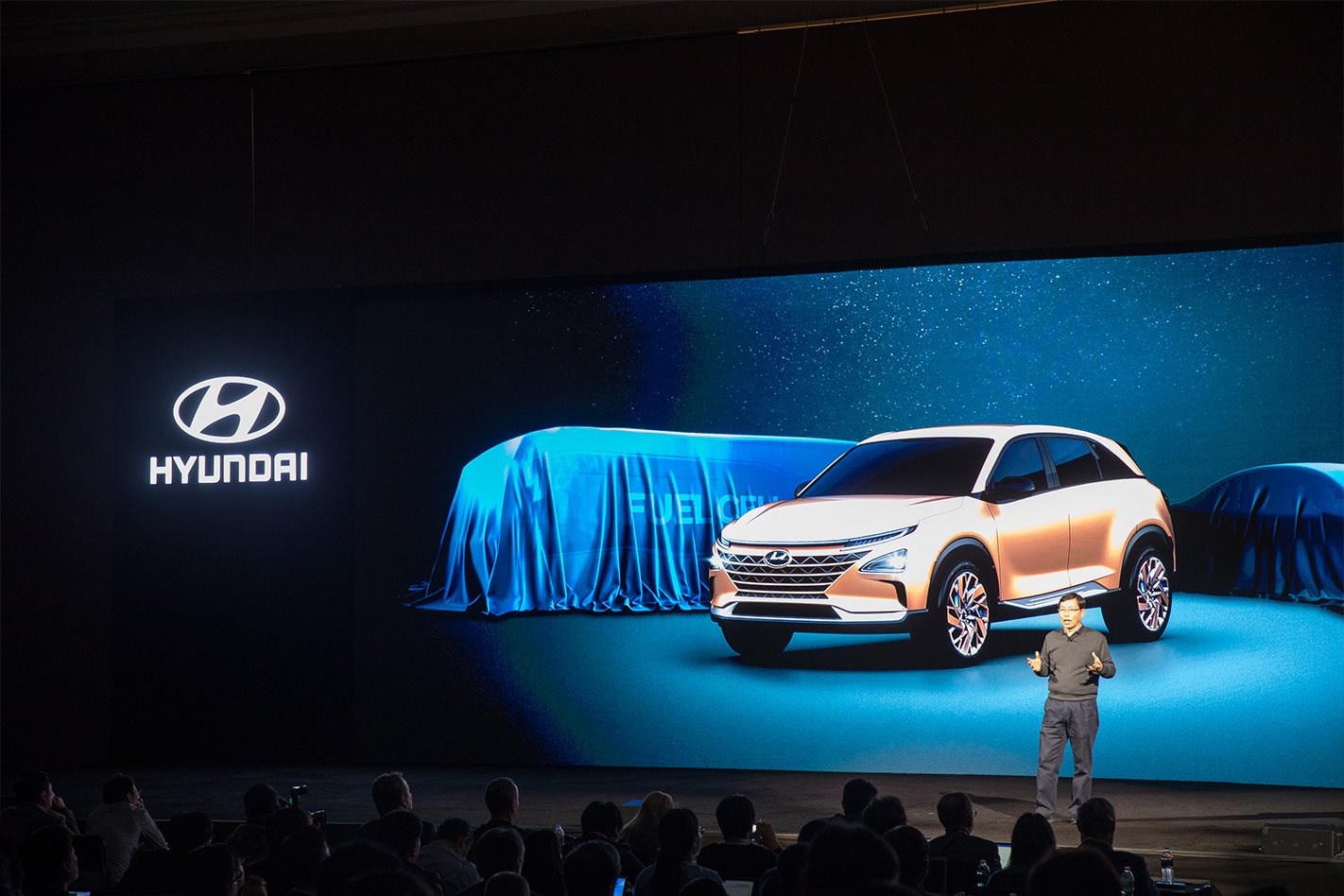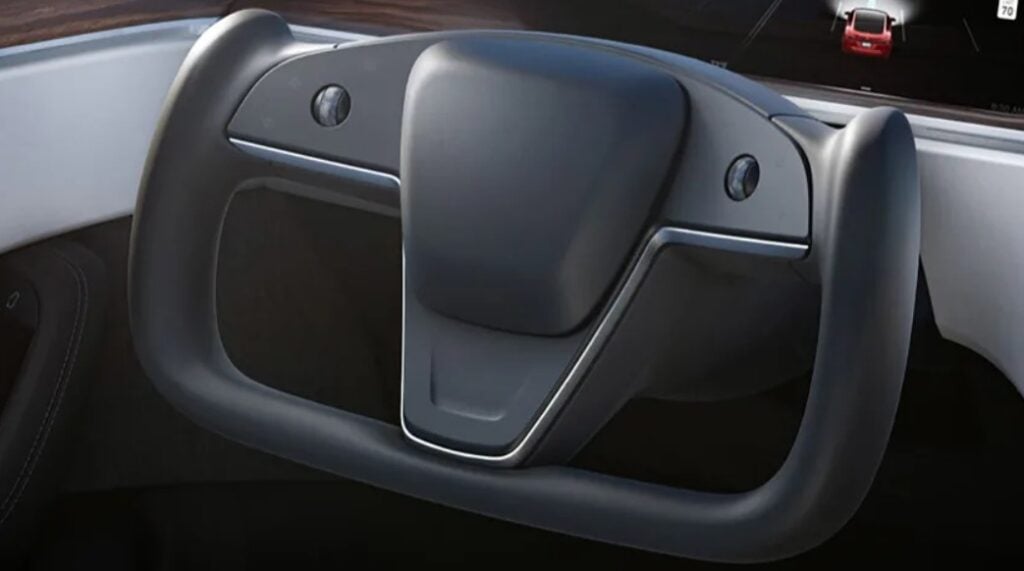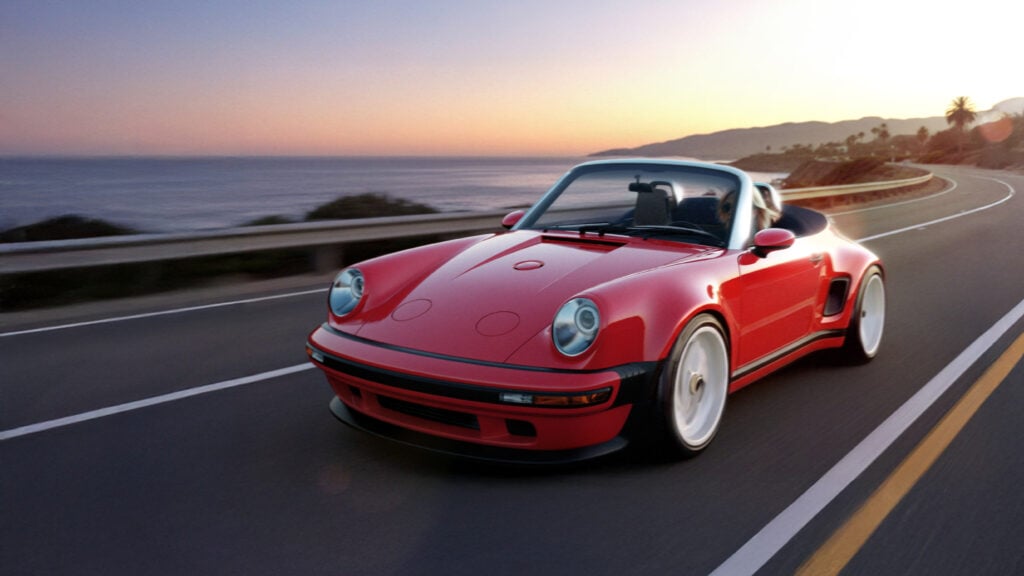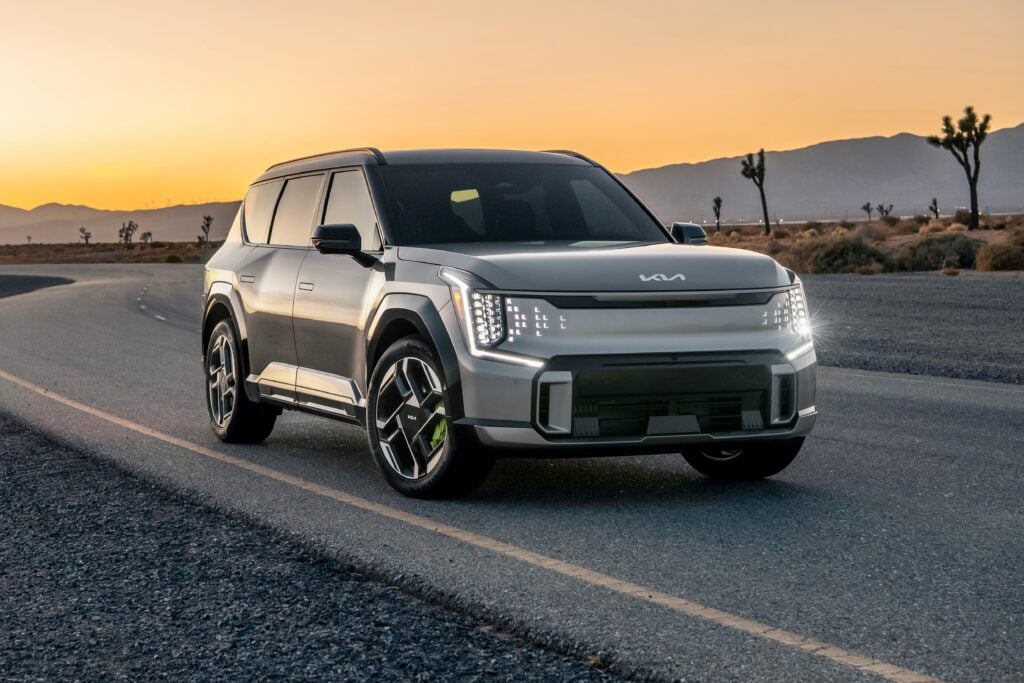THE days of weird and futuristic designs for autonomous and alternative powertrain vehicles may be behind us, with the head of design for Hyundai saying upcoming models will be conventional and “non-aggressive”.
Speaking to Wheels last week at the annual Consumer Electronics Show in Las Vegas, Genesis head of design Luc Donckerwolke said car companies were starting to understand customers required unadventurous and “friendly” designs to help cope with the step-change brought about by buying cars that lack a conventional engine.

Donckerwolke’s philosophy is already in production, with Hyundai’s second-generation hydrogen car, the Nexo, to sport a conventional SUV body style when it arrives in Australia later this year. Nissan, too, has adopted conventional styling for its all-new Leaf, though Donckerwolke says Tesla provides the best example.
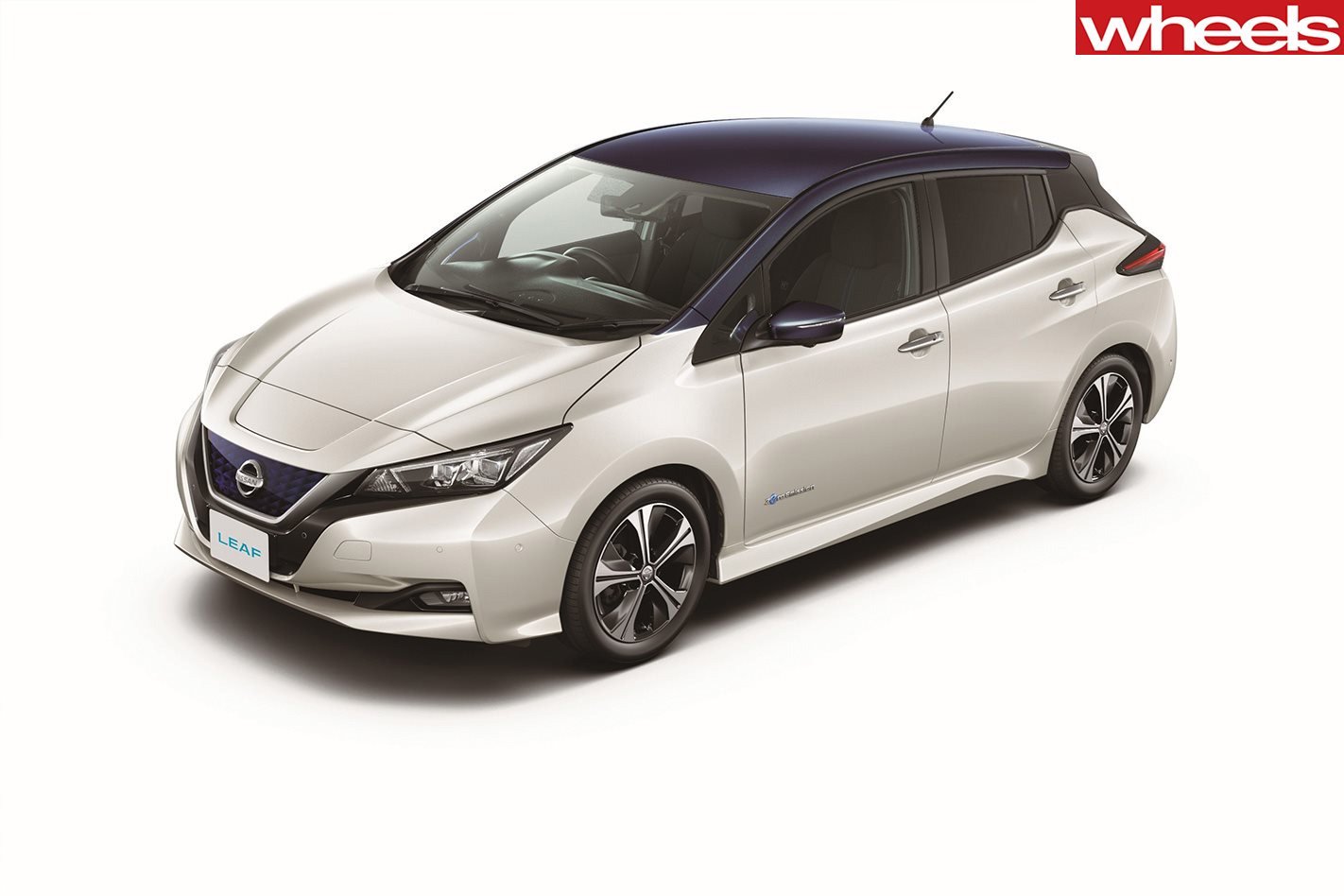
“With Nexo we wanted a car, because of the powertrain, that wasn’t aggressive. It’s a car that has a lot of autonomous support and when you’re driving an autonomous car it shouldn’t look like a racing car. It’s about flowing in an environment, so the whole design has to be non-aggressive, pleasant, harmonised.
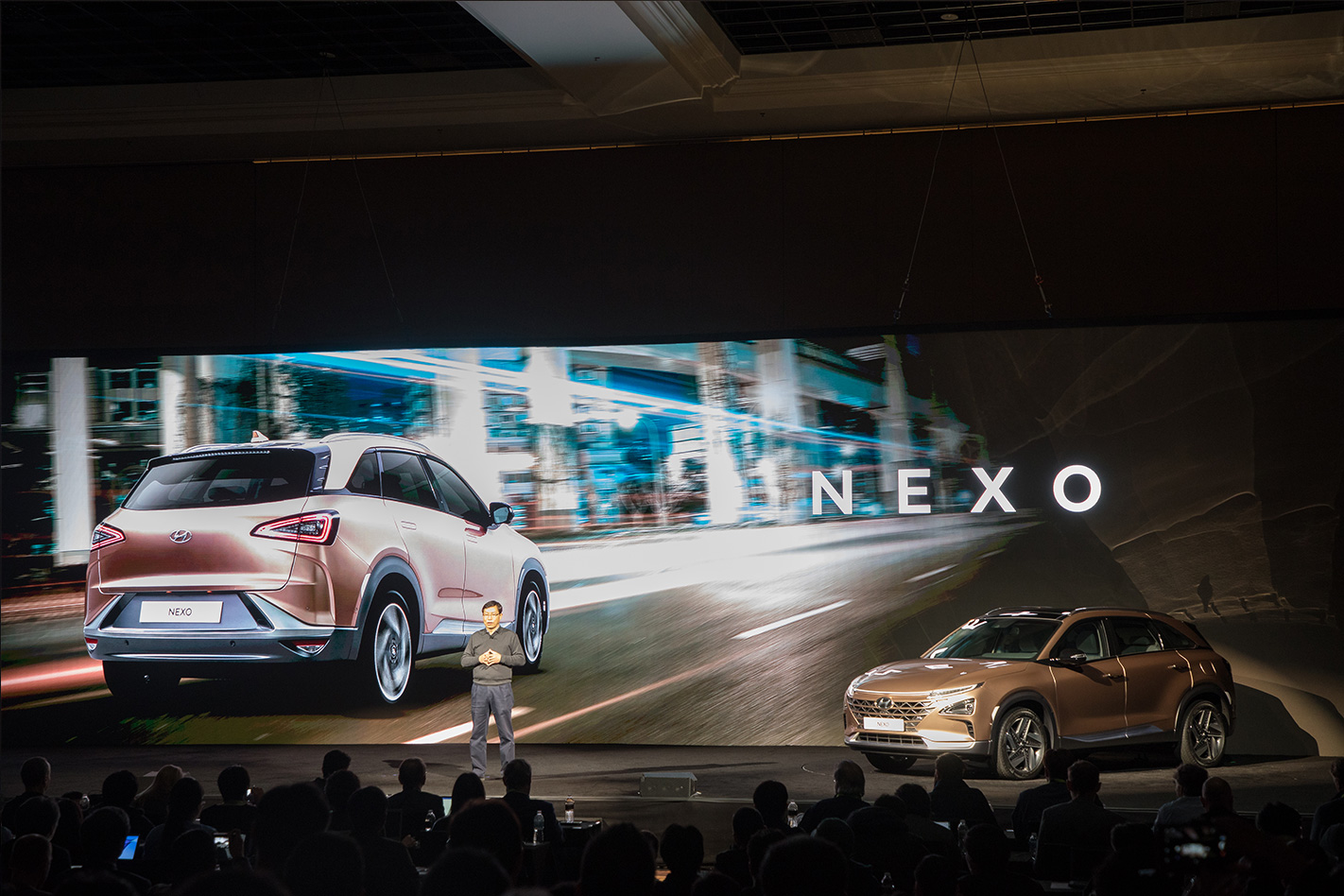
Donckerwolke admitted other companies may take a different tact, especially with sportier models, but confirmed Hyundai’s next wave of autonomous EV and hydrogen-powered cars won’t look that different to what’s already on the road.

Donckerwolke said he believed this theme of convention would continue for a short while, but after that, designers were likely to start exploiting the freedoms provided by batteries or EV powertrains.
“The first generation is about trying to find the answers and the second generation is going to see us accelerate. That will happen in the next three to five years,” he said.


